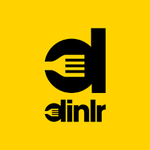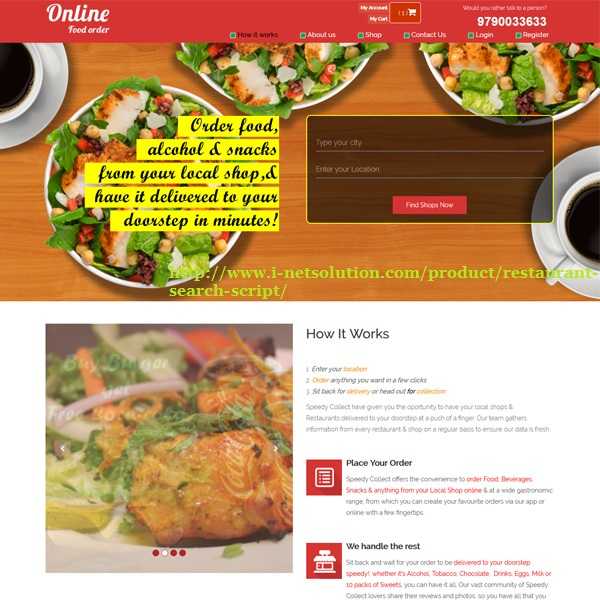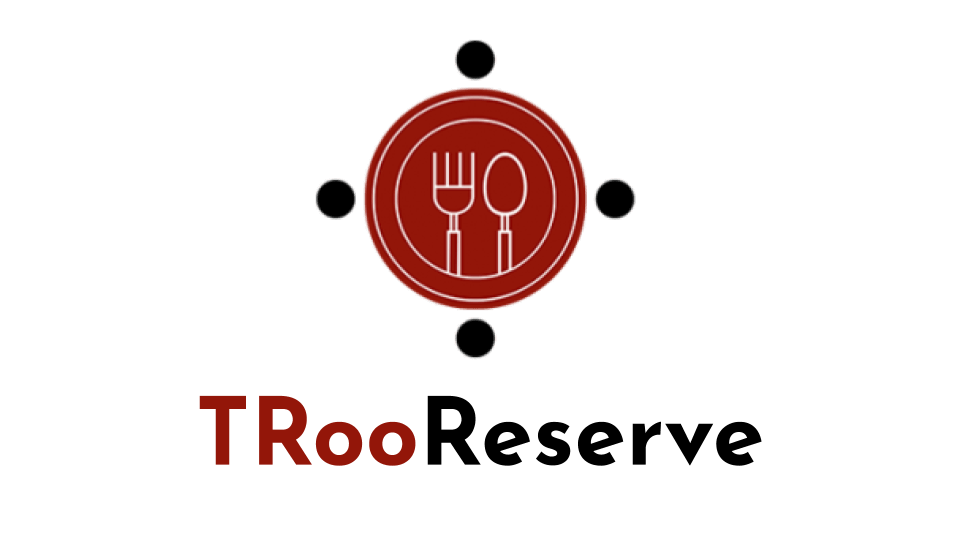Description

Bar Beverage Control

SmartLynx
Comprehensive Overview: Bar Beverage Control vs SmartLynx
SmartLynx is known for offering solutions for bar beverage control and management. To provide a comprehensive overview, let's break down the components as requested:
a) Primary Functions and Target Markets
Primary Functions
SmartLynx typically offers integrated systems that help in the management and control of beverage dispensing in bars and restaurants. Key functions include:
- Inventory Management: Tracking beverage levels in real-time to reduce waste and improve inventory accuracy.
- Pouring Control: Ensuring that drinks are poured to specification and reducing over-pouring which can lead to loss of revenue.
- Data Analytics: Providing insights into sales patterns, inventory usage, and employee performance.
- POS System Integration: Seamlessly integrating with existing point-of-sale systems for accurate transaction recording.
- Theft Prevention: Monitoring and reducing incidents of employee theft or unauthorized consumption.
Target Markets
The target markets for SmartLynx’s bar beverage control systems include:
- Bars and Nightclubs: High-volume environments where precise control over beverage serving is crucial.
- Restaurants: Establishments looking to optimize their beverage service and inventory management.
- Hotels: Where bars are part of the larger hospitality offering.
- Event Venues: Places hosting events with significant beverage service requirements.
b) Overall Market Share and User Base
While specific market share and user base figures for SmartLynx are not typically disclosed publicly, the product can be positioned within the niche category of beverage service technologies. Its market share would rely on factors like innovation, competitive pricing, customer service, and the effectiveness of its technology relative to competitors.
- Market Share: SmartLynx would compete with similar systems from other providers. The market share would be influenced by the regional presence, partnerships, and brand reputation in the hospitality industry.
- User Base: The user base is typically comprised of small to large establishments in the hospitality sector that require detailed control over beverage inventory and pouring, ranging from independent bars to large hotel chains and franchises.
c) Key Differentiating Factors
- Integration Capabilities: SmartLynx systems may offer better or more seamless integration with prevalent POS systems, providing a smoother user experience.
- Real-Time Analytics: They might provide more comprehensive real-time data insights, assisting managers in making better business decisions.
- Customizability: Their systems might offer more customizable features to meet the specific needs of different types of establishments.
- Scalability: Solutions that can grow with a business, from a small bar to a large chain, may set SmartLynx apart from competitors.
- User-Friendly Interface: A focus on an intuitive and user-friendly interface could be a significant differentiator.
- Support and Training: Exceptional customer support and comprehensive training programs for staff could enhance the adoption and effective use of their systems.
These differentiators would have to be compared with the offerings from competitors in the same space to understand how SmartLynx uniquely positions itself in the market.
Contact Info

Year founded :
Not Available
+1 785-820-9926
Not Available
United States
Not Available

Year founded :
2020
Not Available
Not Available
Costa Rica
http://www.linkedin.com/company/smartlynxcr
Feature Similarity Breakdown: Bar Beverage Control, SmartLynx
Bar Beverage Control and SmartLynx are both solutions that cater to the management of beverages in bars and similar establishments. They help optimize operations, track inventory, and control costs. Below is a breakdown of their feature similarities and differences:
a) Core Features in Common
-
Inventory Management: Both systems offer comprehensive inventory tracking, allowing users to monitor stock levels in real-time, set reorder thresholds, and manage deliveries.
-
Analytics and Reporting: They provide detailed reports and analytics on sales, usage patterns, and shrinkage, helping managers make informed decisions.
-
POS Integration: These solutions integrate seamlessly with Point of Sale systems, ensuring that all sales data is accurately captured and linked to inventory changes.
-
Spillage and Waste Tracking: They include tools to monitor and reduce spillage and waste, which can significantly impact profits.
-
User Access Control: Features that manage who has access to sensitive information and system functionalities help maintain operational security.
b) User Interface Comparison
-
Bar Beverage Control: Typically offers a straightforward, utilitarian interface focused on ease of use. It may emphasize fast access to inventory updates and reports, which is crucial during busy service hours. The design tends to be functional, with an emphasis on efficiency over aesthetics.
-
SmartLynx: Often features a more modern and visually appealing interface, with intuitive navigation designed to be user-friendly for staff at all levels. It may offer customizable dashboards and visual data representations to enhance user interaction and understanding.
c) Unique Features
- Bar Beverage Control:
- Automated Ordering: Some versions may include features that automatically generate purchase orders based on predefined inventory thresholds, which can streamline supply chain management.
- Vendor Management: Tools to manage and evaluate suppliers, enabling better negotiation on pricing and terms.
- SmartLynx:
- Mobile Access: Offers mobile applications that allow managers and staff to access inventory data, reports, and ordering functionalities on the go, enhancing flexibility and immediacy.
- Real-Time Alerts: Provides real-time notifications regarding inventory levels, unauthorized access, and other critical alerts directly to managers' personal devices.
Each product has its strengths, and the choice between them may depend on specific business needs, such as the importance of mobile access, the complexity of operations, or the level of automation desired.
Features

Not Available

Not Available
Best Fit Use Cases: Bar Beverage Control, SmartLynx
Bar Beverage Control and SmartLynx are both solutions designed to enhance the management and operational efficiency of beverage-serving establishments. Each caters to specific needs within the hospitality and food service industries. Here's a breakdown of their best fit use cases:
Bar Beverage Control
a) Best Choice for Types of Businesses or Projects:
-
Bars and Nightclubs: These establishments benefit greatly from Bar Beverage Control due to their high volume of liquor consumption and sales. The system helps in tracking inventory levels, minimizing waste, and preventing theft.
-
Restaurants with Extensive Beverage Menus: For restaurants that have a significant portion of their sales coming from beverages, such as wine bars or cocktail lounges, this solution can help in managing complex inventories and ensuring consistency in drink preparation.
-
Event Venues: Locations that host events, such as weddings or corporate functions, can use Bar Beverage Control to manage temporary bar setups, ensuring efficient service and precise billing.
-
Hotel Chains: Hotels often have multiple outlets for beverage sales, including bars, minibars, and room service. Bar Beverage Control can centralize inventory management across these outlets for better oversight.
SmartLynx
b) Preferred Scenarios for SmartLynx:
-
Multi-Location Operations: Businesses that operate in multiple locations will find SmartLynx advantageous as it provides centralized control and analytics across all venues, allowing for uniform policy application and inventory management.
-
Large-Scale Events and Festivals: SmartLynx can handle complex logistics and inventory management required for overseeing multiple bars or beverage stations, ensuring smooth operations and comprehensive reporting.
-
Integrative Solutions with POS Systems: For establishments looking to integrate beverage control with their point-of-sale systems, SmartLynx offers seamless integration capabilities, enhancing data accuracy and operational efficiency.
Catering to Different Industry Verticals or Company Sizes:
-
Small Businesses: Both solutions can be scaled down for smaller operations, providing essential features such as basic inventory management and theft prevention without overwhelming capabilities.
-
Medium to Large Enterprises: Larger establishments benefit from advanced features such as detailed analytics, multi-location syncing, automated reordering, and comprehensive reporting which are robust in both systems but can be more centralized with SmartLynx.
-
Industry Verticals:
- Hospitality: Hotels, resorts, and cruise lines can leverage these systems to maintain consistent quality and control across diverse beverage service points.
- Entertainment: Cinemas, amusement parks, and concert venues requiring beverage service can use these solutions to streamline operations and enhance profitability.
- Corporate and Hospitality Chains: Enterprises with complex operations across regions use these solutions to maintain consistency and control, benefiting particularly from SmartLynx’s integration and scalability features.
Overall, Bar Beverage Control is ideal for establishments focusing on direct inventory control and theft prevention, while SmartLynx suits those requiring comprehensive, scalable solutions that integrate with broader management systems.
Pricing

Pricing Not Available

Pricing Not Available
Metrics History
Metrics History
Comparing teamSize across companies
Conclusion & Final Verdict: Bar Beverage Control vs SmartLynx
To arrive at a conclusion and final verdict for Bar Beverage Control and SmartLynx, it is important to analyze both products thoroughly on several parameters such as functionality, cost-effectiveness, user experience, and scalability. Here's a breakdown based on these factors:
a) Best Overall Value
Bar Beverage Control offers a comprehensive suite of features designed specifically for tracking and managing beverage inventory and ensuring cost control. It provides detailed reporting and robust analytics, which can help businesses minimize waste and maximize profits.
SmartLynx, on the other hand, might excel in ease of use and integration capabilities with existing POS systems or restaurant management software, providing seamless operations.
Conclusion: If the primary need is for in-depth inventory tracking and detailed analytics, Bar Beverage Control likely presents better overall value. However, for seamless integration and ease of use, SmartLynx might be preferable.
b) Pros and Cons
Bar Beverage Control:
-
Pros:
- Detailed inventory management and tracking.
- Advanced reporting and analytics for precise cost control.
- Tailored specifically for beverage management, ensuring industry-specific needs are met.
-
Cons:
- Potentially steeper learning curve due to the depth of features.
- May require additional training for staff to fully utilize capabilities.
SmartLynx:
-
Pros:
- User-friendly interface with intuitive design.
- Excellent integration capabilities with popular POS and management systems.
- Quicker set-up and implementation process for new users.
-
Cons:
- Might lack depth in analytics and reporting compared to specialized systems.
- May not offer the same level of granular detail for inventory control.
c) Recommendations
When deciding between Bar Beverage Control and SmartLynx, users should consider the following:
-
Assess Business Needs: Consider what the primary goal is—whether it's maintaining tight control over inventory with detailed insights (Bar Beverage Control) or ensuring smooth operations with seamless software integration (SmartLynx).
-
Budgetary Considerations: Evaluate the long-term financial impact each system will have. This includes upfront costs, training, and potential efficiency gains or costs saved.
-
Scalability: Think about future business growth. If you intend to expand, look for a system that offers scalability to handle increased inventory or additional locations.
-
User Proficiency: Determine the technical proficiency of the staff who will be using the system. A more user-friendly platform like SmartLynx may be beneficial if technical training resources are limited.
Final Verdict: For comprehensive inventory control and insightful analytics, Bar Beverage Control is advantageous. Meanwhile, for a straightforward, easy-to-use system with significant integration features, SmartLynx shines. Businesses should make the decision based on specific operational priorities and resource availabilities.
Add to compare
Add similar companies




